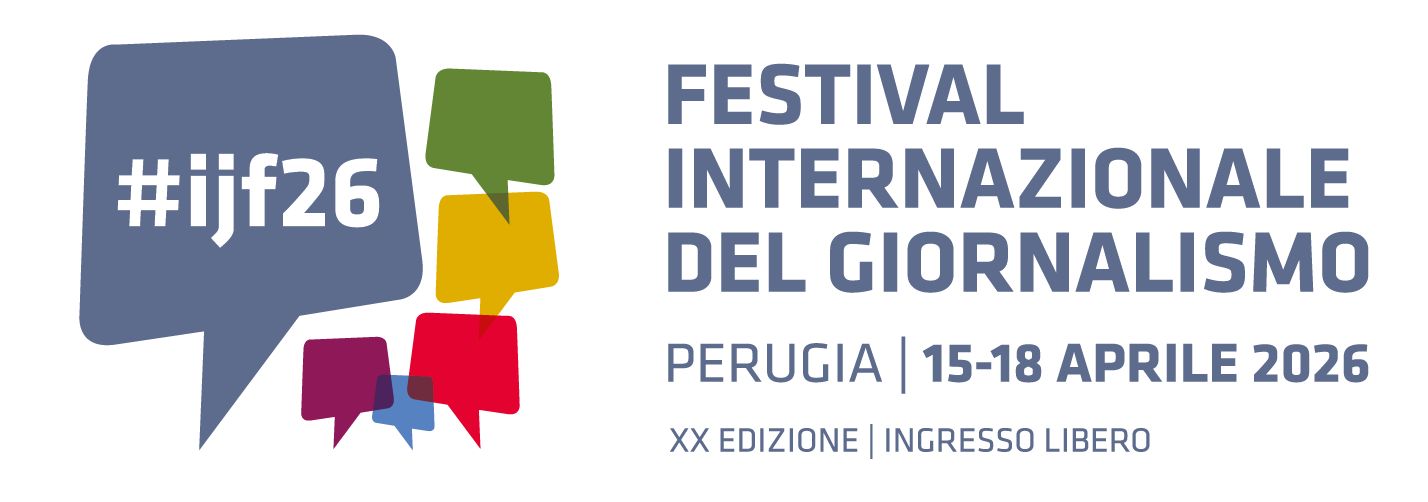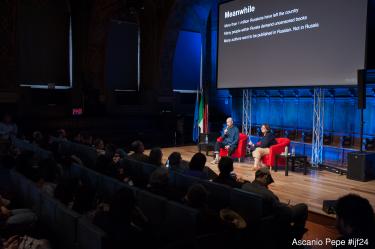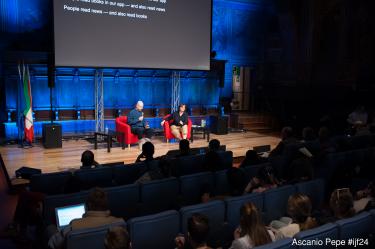For any media outlet in exile, the most challenging period arises when the situation seemingly stabilizes, transitioning from mere ‘survival’ to the necessity of ‘simply carrying on with work.’ Maintaining contact with the audience is among the main challenges, along with staying relevant for the readers inside the homeland country and finding ways to deliver content there amidst increasing government pressure, online censorship and internet shut-downs. Another one is monetisation and building sustainable finance models. Moreover, media in exile face and have to tackle general negative trends, such as news avoidance.
Meduza, the largest remaining Russian independent news outlet, faces all these challenges. The editorial team found an unusual answer, launching its own publishing house in November 2023, with books forbidden in Russia in both print and electronic formats. It is arranged in a peculiar way — all electronic versions of books are available to read online for free on the Meduza’s mobile application that can bypass internet censorship and work in Russia without a VPN. The print versions of several books are published as limited editions and sold worldwide.
The launch of the book project attracted new users to the app (the audience grew by 121%), and raised time spent in-app to 1 hour 20 minutes. In the first two months of the project, eleven thousand book copies were sold, and the publishing business not only reached self-sufficiency, but became profitable. Some books became bibliographic rarities — the first edition of I Love My Country by famous Russian journalist Yelena Kostyuchenko was sold out in one month, and pre-orders for the second edition keep coming.
Meduza’s co-founders Galina Timchenko and Ivan Kolpakov will describe how the project works, how it was created and what will happen next. This case will also be a part of a broader and extremely crucial for every media in exile conversation about financial sustainability.
Organised in association with Meduza.










